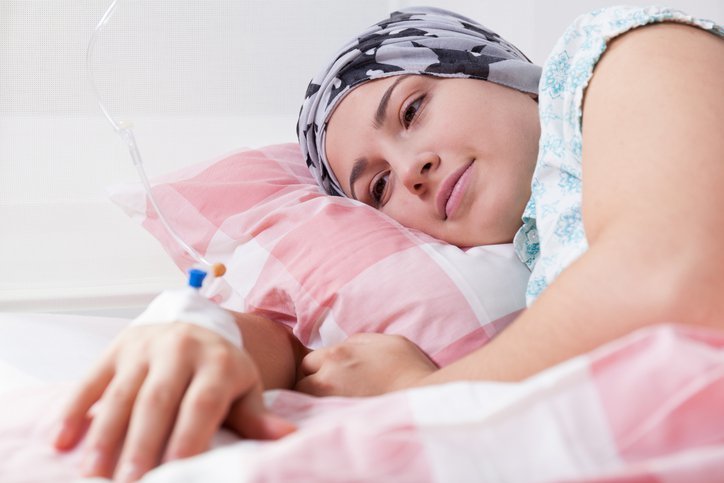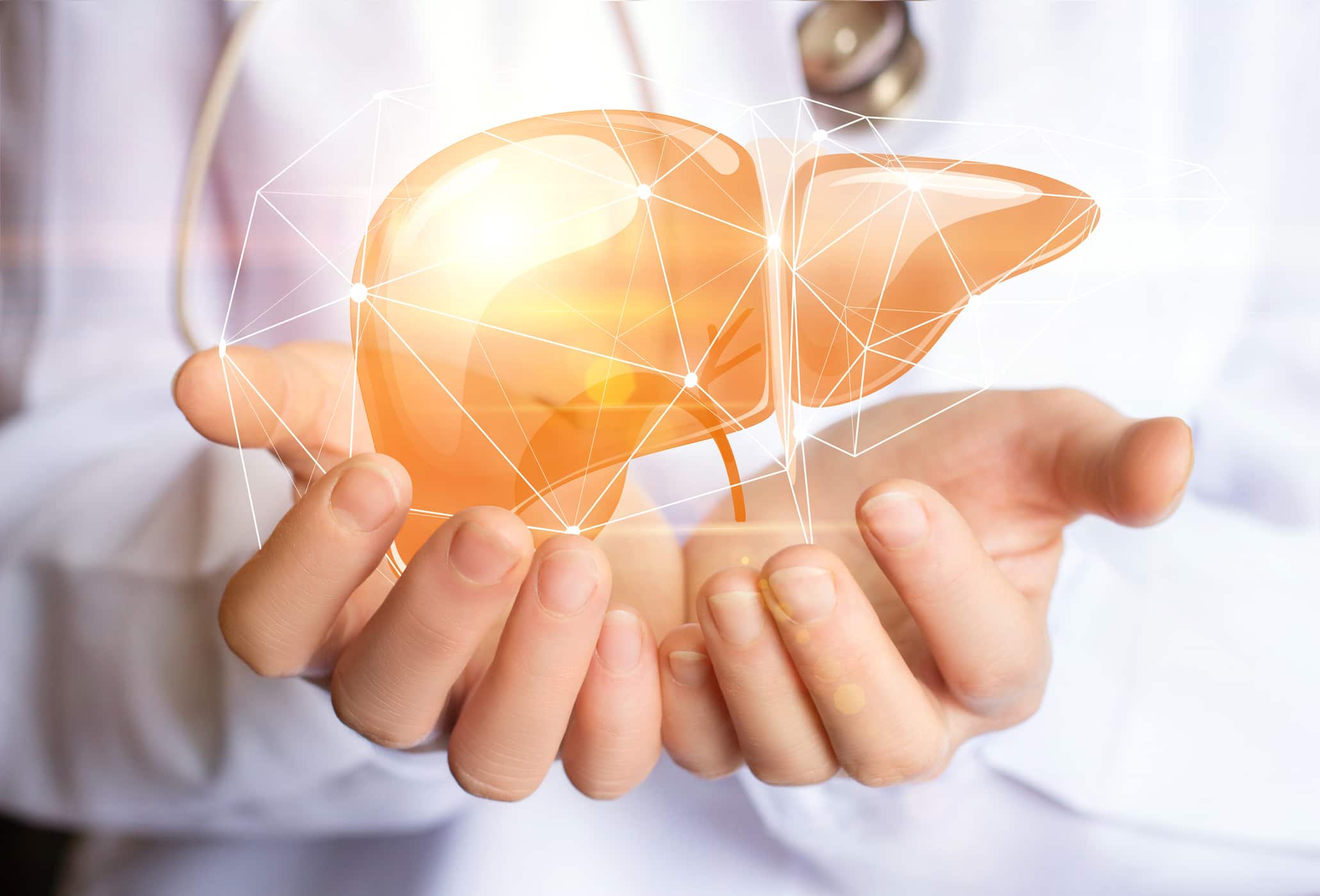Contents:
- Medical Video: Chemotherapy Side Effects
- What are the possible side effects of chemotherapy?
- 1. Fatigue
- 2. Nausea and vomiting
- 3. Broken down
- 4. Increased risk of infection
- 5. Anemia
- 6. Bleeding and bruising
- 7. mucositis
- 8. Weak memory and concentration
- 9. Fertility
Medical Video: Chemotherapy Side Effects
Cancer cells divide faster than healthy cells, so chemotherapy treatment is very suitable for killing cancer cells. Unfortunately, fast-growing healthy cells can also be killed because of chemotherapy. There are several types of drugs used for chemotherapy, each of which has different side effects. Everyone will also vary from receiving chemotherapy responses.
Effects that can be caused to each person can be triggered by several factors such as a history of previous health problems, age, and lifestyle. Maybe someone might experience extraordinary pain, whereas in others, the drug used might not cause significant side effects.
What are the possible side effects of chemotherapy?
The effects can make you stressed and overwhelmed, but often it doesn't have a very serious impact on your health. The following are the effects that patients with chemotherapy can experience:
1. Fatigue
This is one of the side effects of chemotherapy. Almost everyone will feel fatigue after chemotherapy. You can identify it by means of; You really feel tired, or you are tired when doing normal daily habits. It is better if you face chemotherapy, it is very important to get enough rest. Avoid doing tasks or activities that make it difficult for you to do it.
If you like doing sports, you can still do light exercise such as walking or yoga. Exercise can generate energy, but keep in mind, don't push yourself too hard. If you have a job, you can ask your coworkers and colleagues if there is a problem or not when you work part time until chemotherapy is over. What you need to pay attention to is when you feel fatigued more than usual and feel your breath starts short, immediately visit a doctor.
2. Nausea and vomiting
Both of these are the effects commonly experienced by someone when doing chemotherapy. Antiemetic treatment may be given to help control symptoms of nausea and vomiting. Antiemetics that may be given can be:
- Shaped tablets and capsules - which can be swallowed or placed at the base of the tongue
- In the form of injection
- As a suppository - capsules that will be inserted through the buttocks so that it can dissolve
You should still take antiemetics even if you don't feel pain, because if you stop it, the symptoms can recur. But this drug has side effects in the form of constipation, sleep disorders such as insomnia, headaches, and indigestion.
3. Broken down
Hair loss is a common practice when doing chemotherapy. Normally, the hair will begin to fall out in the first to third week after the first dose has begun. A person will experience hair loss that is clearly visible after one to two months. This can also have an impact on your scalp. Hair loss does not only occur in the head, but also in other body parts such as the arms, legs and face.
If you feel the loss is disturbing, you can talk to your medical team about it. They will help you handle it. Some alternatives can also be done such as wearing a wig or wig for a while. Although hair loss interferes, this is only temporary. The hair will grow again after the treatment is complete. Some people admit that hair that grows differently from their previous hair can have different colors or types of hair (curly or straight).
4. Increased risk of infection
Chemotherapy can reduce your body's immunity, because white blood cells decrease. Anemia can occur because the body is also lacking in producing red blood cells. You will feel tired, pale skin, hard to think, feel cold and feel floating. Antibiotics may be needed to reduce the risk of developing an infection. You also need to do several things to protect yourself from infections, such as:
- Maintain cleanliness of the body. Bathing routines must always be carried out every day. Also make sure your clothes, towels and sheets are always routinely washed.
- Avoid contact with people who are infected - for example, flu and chickenpox infections.
- Clean your hands regularly with soap and hot water - you can do it after from the toilet and before preparing food.
If you feel unsure, you can do a blood test to find out when you are susceptible to infection. Maybe, there are other additions your doctor will give, because there are some people who need to avoid crowded places and use public transportation after chemotherapy or when immunity is weakened.
5. Anemia
In addition to declining white blood cells, the level of red blood cells also decreases. Red blood cells can carry oxygen throughout the body. If the cell drops dramatically, the body will lose some oxygen and trigger anemia. Some symptoms include:
- Fatigue
- Loss of energy
- Short breath
- Irregular heartbeat
You might need a blood transfusion to increase red blood cells. Other treatments such as erythropoietin (EPO) can stimulate blood cell production. You can also eat iron-rich foods, such as:
- Dark green vegetables
- Bread that is rich in iron
- Peas
- Meat
- Apricot
- Raisins
6. Bleeding and bruising
Chemotherapy can also make you vulnerable to bleeding and bruising, such as bruising on the skin, nosebleeds, and bleeding gums. You need to tell your doctor, maybe you will need more platelets.
7. mucositis
In some cases, chemotherapy can cause inflammation of the soft tissue in the digestive system from the mouth to the anus, known as mucositis. Someone who gets high doses of chemotherapy can experience this. Mucositis occurs 7 to 10 days after chemotherapy is performed. You will find boils in your mouth and can make you feel sick when eating.
8. Weak memory and concentration
Some people experience weak memory and short-term concentration. You will find that your daily routine will take more time to complete. However, these symptoms will disappear after treatment is complete.
9. Fertility
Some people may lose sexual desire. This is temporary, after the treatment is complete, it will return to normal. Chemotherapy can also make both male and female reproductive problems in the form of infertility.
READ ALSO:
- Why Are Some People Who Can Cure Suddenly from Cancer?
- All about Chemotherapy for Breast Cancer
- Chemotherapy for Liver Cancer












